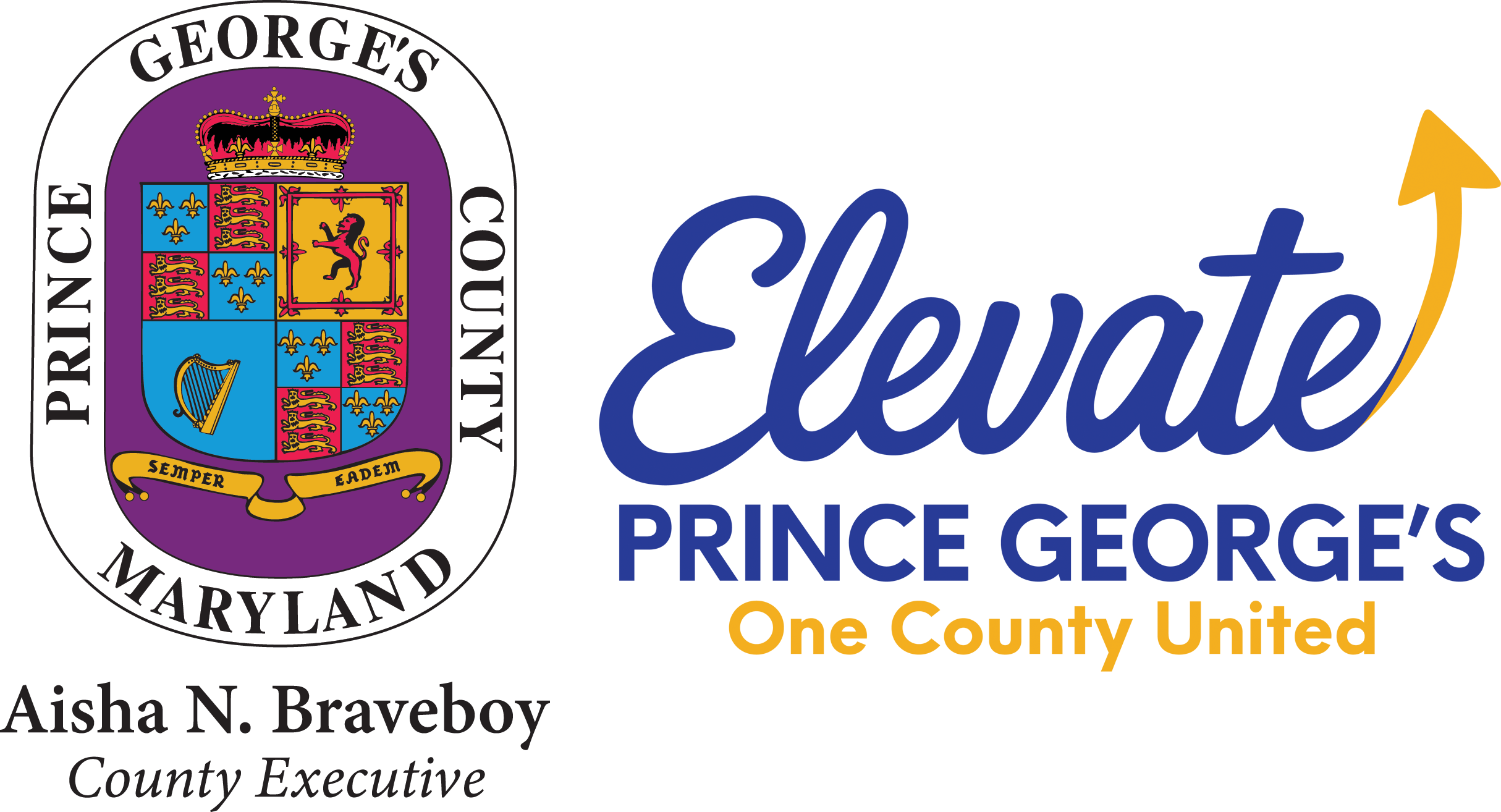
Ethics Advice
Helpful Documents
Formal Advisory Opinions
- 2014 FORMAL ADVISORY OPINIONS (PDF)
- 2015 FORMAL ADVISORY OPINIONS (PDF)
- 2016 FORMAL ADVISORY OPINIONS (PDF)
- 2017 FORMAL ADVISORY OPINIONS (PDF)
- 2018 FORMAL ADVISORY OPINIONS (PDF)
- 2019 FORMAL ADVISORY OPINIONS (PDF)
- 2020 FORMAL ADVISORY OPINIONS (PDF)
- 2021 FORMAL ADVISORY OPINIONS (PDF)
- 2022 FORMAL ADVISORY OPINIONS (PDF)
- 2023 FORMAL ADVISORY OPINIONS (PDF)
- 2025 FORMAL ADVISORY OPINIONS (PDF)
Informal Ethics Advice
- FY2019 INFORMAL ETHICS ADVICE (PDF)
- FY2020 INFORMAL ETHICS ADVICE (PDF)
- FY2021 INFORMAL ETHICS ADVICE (PDF)
- FY2022 INFORMAL ETHICS ADVICE (PDF)
- FY2023 INFORMAL ETHICS ADVICE (PDF)
- FY2024 INFORMAL ETHICS ADVICE (PDF)
- FY2025 INFORMAL ETHICS ADVICE (PDF)
Advisory opinions are issued by the Board of Ethics pursuant to Section 2-292 of the Code of Ethics. Any official or person subject to the provisions of the Code of Ethics may request an advisory opinion from the Board concerning the application of the Ethics Code. A supervisor or department head may also request an advisory opinion about the application of the Ethics Code to the employment-related conduct of any public employee they supervise.
Advisory opinions are published with the identity of the person requesting the opinion deleted, unless the requester consents to disclosure. Individuals may also request informal opinions from the Office of Ethics and Accountability. If an official or employee receives an informal opinion with which he or she disagrees, he or she may appeal that decision to the five-member Board.
To submit an Advisory Opinion request, please complete the online form here.
Prospective Behavior Only
Advice is only provided for something the requestor intends to do, not for behavior that has already occurred. Any information of past behavior provided in requests deemed to have been a violation of the County’s Code of Ethics or Ethics and Accountability Law may be used against the official or employee in any subsequent OEA investigation/referral or Board of Ethics enforcement action.
Appeals of Informal Advice
All informal ethics advice is provided by the Executive Director of Ethics and Accountability or OEA's Legal Counsel. If an official or employee receives an informal opinion with which he or she disagrees, he or she may appeal that decision to the Board of Ethics. Instructions will be provided to the appellant upon request in the event he or she seeks to file an appeal.
Exemptions & Waivers
After receiving a written request, the Board of Ethics or if appropriate, the County Council, may grant persons covered by the Code of Ethics an exemption to or modification of the prohibitions of the Ethics Law, and certain procurement prohibitions if, in the opinion of the Board of Ethics, certain statutory standards are met. The Board may impose conditions appropriate when it grants an exemption or waiver.
The Office of Ethics and Accountability will publicly disclose every exemption or waiver granted by the Board of Ethics. If a request for a waiver is denied, the Board of Ethics may publish its response as an advisory opinion. The identity of any public employee who applies for a waiver is confidential unless and until the waiver is granted. If the waiver is denied, the Board of Ethics may reveal the identity of the public employee who requested the waiver only if the employee authorizes public disclosure or the Board of Ethics has cause to believe that the employee has engaged in the conduct for which the waiver was sought.
